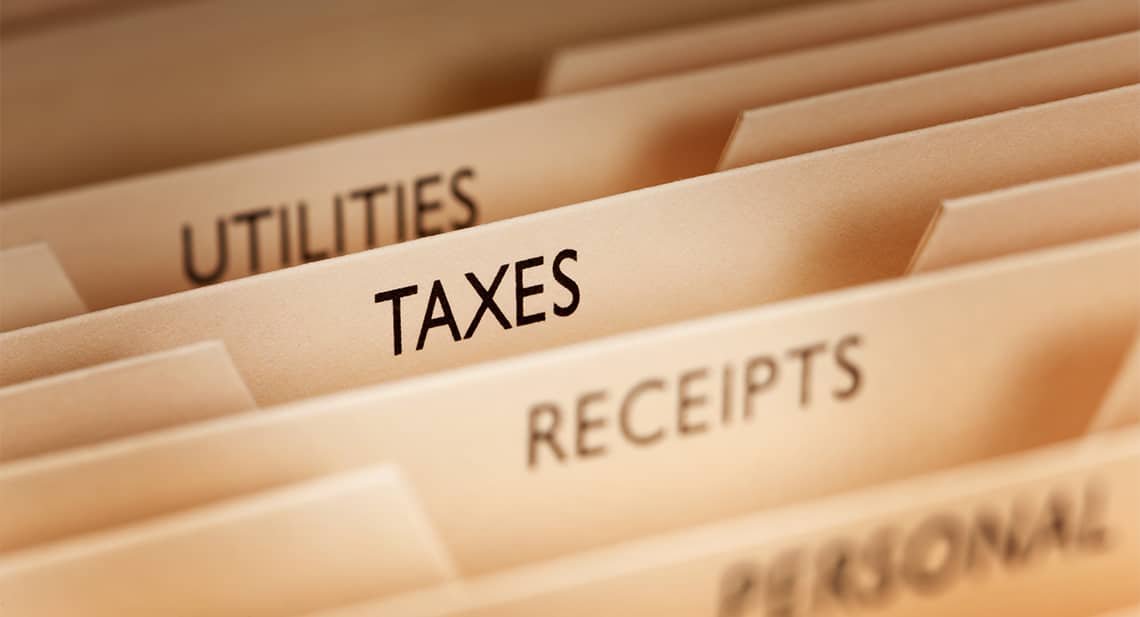Understanding different types of taxes in the UK can help individuals and businesses plan for their financial obligations and make informed decisions. This post provides an overview of the main types of taxes in the UK and how they work.
Types of Taxes
Income Tax
Income tax is payable on the money individuals earn from employment, self-employment, and other sources. In the UK, the government collects income tax from individuals who earn above a certain amount, known as the personal allowance. The individual’s wages or salary are deducted through a process known as pay-as-you-earn (PAYE).
National Insurance Contributions (NICs)
Individuals pay NICs to fund certain public services, namely the National Health Service (NHS) and pension plans. Both employees and employers pay NICs depending on their income and employment stature.
Value-Added Tax
Most goods and services in the UK are subject to VAT at a rate of 20%, although some items, such as food and children’s clothing, are taxed at a lower rate of 5%. Companies collect VAT on the goods and services they sell and pay to HM Revenue and Customs (HMRC).
Corporation Tax
The business profits cause Corporation tax. Currently, the corporation tax rate is 19% in the UK. The income and expenses of the company determine the amount of tax.
Capital Gains Tax
CGT is levied on the profit when an asset, such as property or investment, is sold. Capital gains tax is payable on the profit made on the sale of an asset, and the tax rate that applies depends on the individual’s tax band.
Council Tax
Local authorities in the UK charge council tax to fund public services, such as educational institutes, libraries, and waste collection. Council tax is based on the value of an individual’s property and is payable by the occupiers.
Inheritance Tax
This tax is levied on the value of an individual’s property when they die. Inheritance tax is only payable on properties valued at more than a certain amount, which is currently £325,000.
Excise Duties
Companies that sell certain goods considered harmful to society, such as tobacco, alcohol, and fuel, pay Excise duties. These duties discourage consumption and raise revenue for the government.
Stamp Duty
Transfer of certain types of property, such as land and buildings, causes Stamp duty. The value of the transferred property determines the amount of stamp duty.
Air Passenger Duty
Passengers departing UK airports pay this tax. The amount of air passenger duty relies on the destination and the class of travel.
Climate Change Levy
Businesses pay the climate change levy on their energy consumption. This levy encourages companies to use energy more efficiently and reduce carbon emissions.
Soft Drinks Industry Levy
The soft drinks industry levy is a tax on the production or import of certain sugar-sweetened drinks in the UK.
Landfill Tax
Landfill Tax encourages businesses to reduce the amount of waste they produce and use more environmentally friendly ways of disposing of waste. The government sets the tax rate and reviews and updates it regularly.
Final Words
Understanding the tax system can help you plan your finances. You can take advantage of any tax credits or deductions you may be eligible for, reduce your tax burden and save money.





